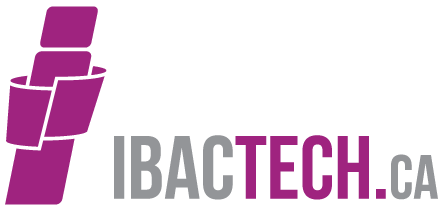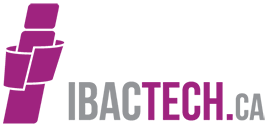
Technical Requirements
AI models with context on industry benchmarks and policy structures to interpret existing policy terms, endorsements, and clauses.
Integration with BMS to retrieve client profiles, exposure information, and historical policy data.
Data ingestion and continuous updates to ensure alignment with typical coverage patterns and industry guidance.
Data security and compliance features to protect client information.











